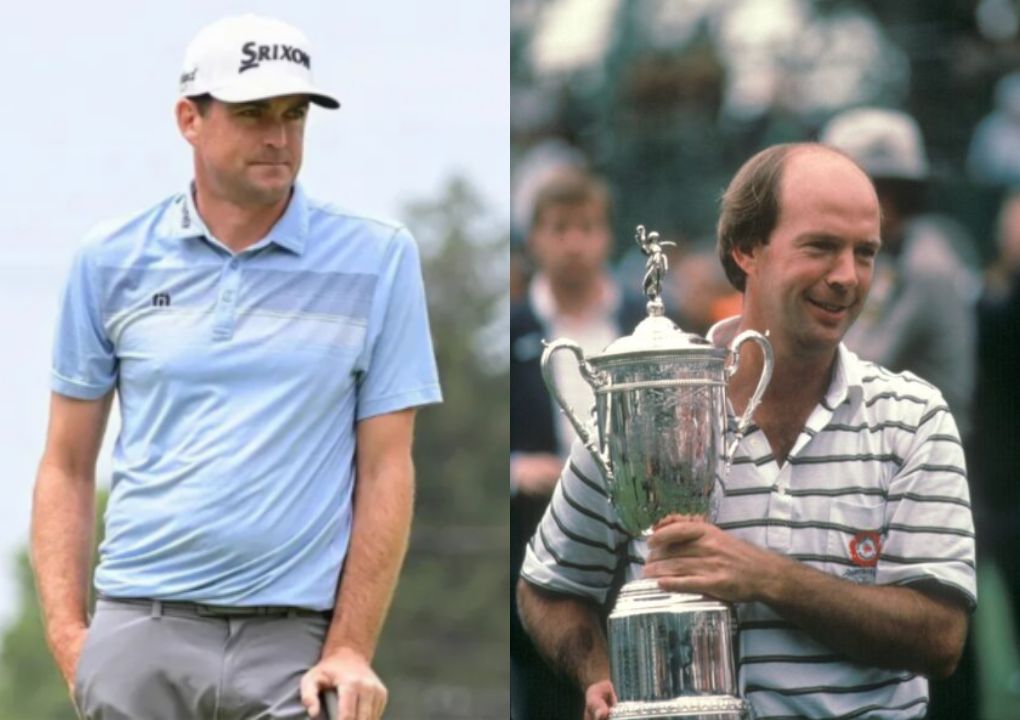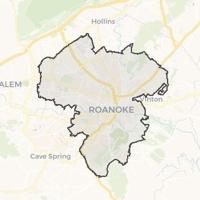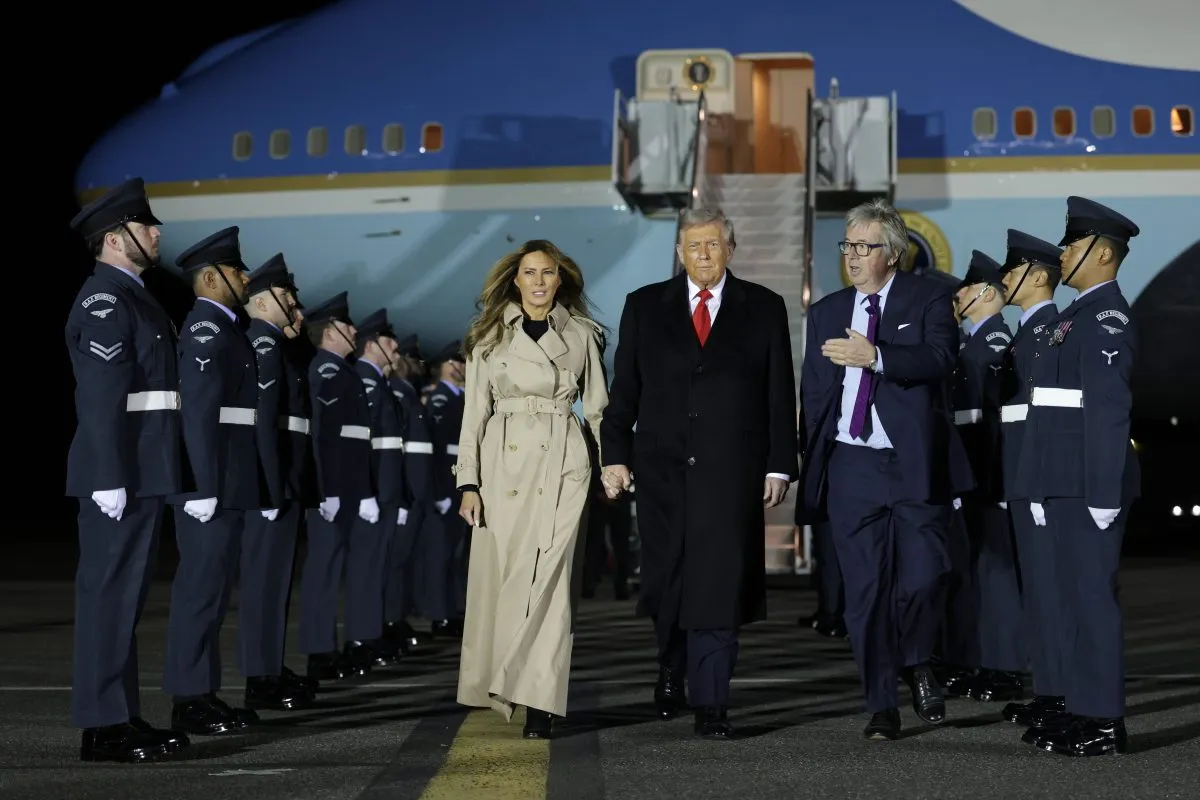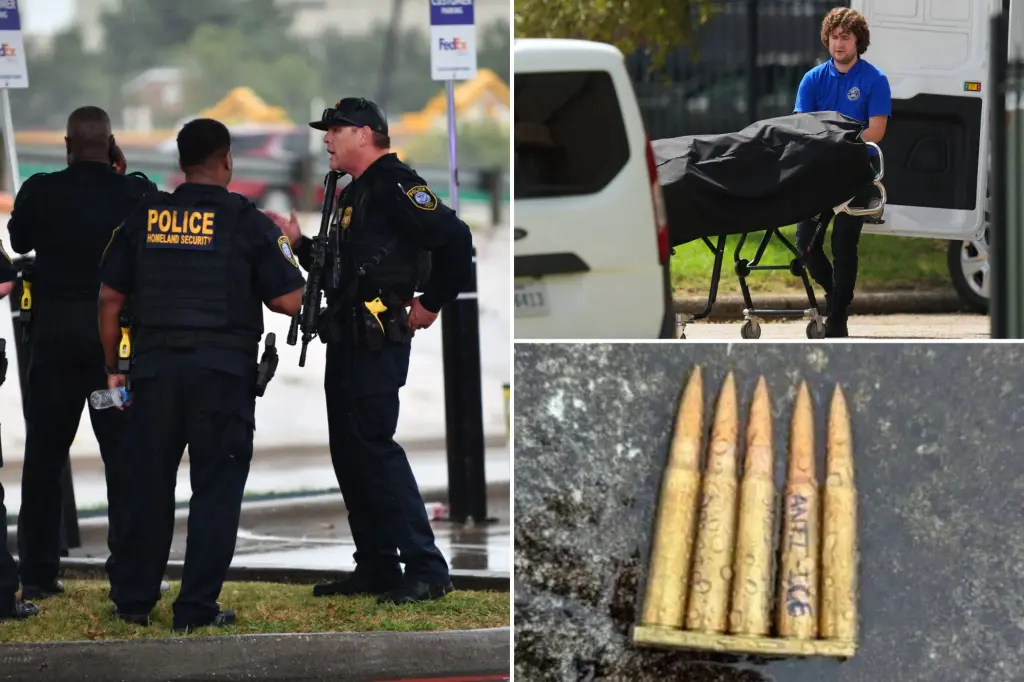
A 9-1-3 Ryder Cup record. Three major championships. A Vietnam War veteran. Yet Larry Nelson never got the call to captain America’s most prestigious golf team. Now, 37 years after his last Ryder Cup appearance, he’s finally being invited back – but only as a consolation prize.
Keegan Bradley made the announcement that should have happened decades ago. The 2025 U.S. Ryder Cup captain named Nelson as team ambassador for the upcoming matches at Bethpage Black. While Bradley’s gesture shows class and respect, it also highlights one of golf’s most glaring institutional failures.
ADVERTISEMENT
Article continues below this ad
Larry Nelson’s decades of PGA of America oversight and missed captaincy opportunities
Nelson’s ambassador role feels more like damage control than genuine recognition. The PGA of America had multiple chances to honor this legend when it truly mattered. Instead, they repeatedly chose politics over performance.
ADVERTISEMENT
Article continues below this ad
The pattern started in 1995. Nelson stood ready to captain the American team. The PGA chose Lanny Wadkins instead. Officials promised Nelson would get his chance in 1997. Then they handed the role to Tom Kite. Another promise broken. Another opportunity wasted.
Year after year, Nelson watched lesser-qualified candidates receive the honor he’d earned. His 9-1-3 record spoke for itself. His military service added another layer of credibility to his leadership. Yet the calls never came.
Bradley himself acknowledges the absurdity. “I also feel it’s so silly how I could be Ryder Cup captain and he wasn’t,” he said. “He would never say that. I felt like it was our duty to honor him and what he’s done for us.”
The irony cuts deep. Bradley, despite his own accomplishments, recognizes what the sport’s governing body missed for decades. Nelson’s credentials surpassed those of many actual captains. His perfect 9-0-0 start across his first two Ryder Cups remains virtually unmatched.
Those missed opportunities cost American golf dearly. During the years Nelson should have been leading teams, Europe dominated the competition. The U.S. struggled through some of its darkest Ryder Cup periods. Meanwhile, their greatest match-play warrior sat home, forgotten.
Read Top Stories First From EssentiallySports
Click here and check box next to EssentiallySports
Bradley’s ambassador appointment marks Nelson’s first official Ryder Cup role since 1987. The surprise announcement came during a PGA of America video shoot in Atlanta. Bradley and his vice-captains orchestrated the moment perfectly.
“It was really special to me,” Nelson told reporters afterward. “I haven’t been to the Ryder Cup since 1987, but I’m thrilled to be going this year and it meant a lot to me that Keegan went out of his way to include me.”
Dave Stockton Jr. shared the news through social media, calling it a “class move by Captain Keegan.” Golf analysts echoed the sentiment, with many describing the recognition as well-deserved and long overdue.
Nelson’s reaction shows his characteristic humility. Despite decades of institutional neglect, he remains gracious. “I can’t tell you how touched I am that Keegan took the time to invite me personally,” he said.
However, the timing underscores what America lost. Nelson turns 78 this year. The PGA’s questionable choices overshadowed his prime leadership years. His ambassador role, while meaningful, can’t replace the captaincy opportunities he deserved.
Larry Nelson joins Justin Leonard and other American legends facing similar overlooked treatment
Nelson wasn’t alone in facing inexplicable snubs. Justin Leonard recently broke his silence about similar treatment. Despite his iconic 45-foot putt at Brookline that clinched the 1999 Ryder Cup, Leonard never got a captaincy shot either.
“Yes, I was surprised not being named as the captain,” Leonard admitted on a recent podcast. He explained how turning down early vice-captain roles hurt his chances. The PGA interpreted his decisions as a lack of interest rather than a lack of career planning.
Leonard’s situation mirrors Nelson’s perfectly. Both men possessed the credentials. Both understood pressure situations. Both got overlooked because they didn’t play the political game effectively enough. Even Phil Mickelson, with his record 12 Ryder Cup appearances, faced similar treatment before his move to LIV Golf. His extensive experience and passion for the event meant nothing to the selection committees, which were focused on other matters.
The pattern reveals systematic problems in how America chooses its leaders. Performance takes a backseat to connections. Accomplishment loses to politics. Legends get forgotten while lesser names advance.
These decisions cost Team USA more than individual recognition. They wasted decades of proven leadership potential. While Europe built winning cultures around experienced champions, America stumbled through questionable captain selections. The gesture resonates beyond individual recognition. It represents Bradley’s understanding of golf history and respect for those who built the foundation he now stands on. Unlike previous administrators, Bradley sees the bigger picture.
The appointment also highlights broader institutional problems. If Nelson’s credentials weren’t enough, then what were the selection criteria? His combat experience in Vietnam provided him with leadership qualities that few captains possessed. His Ryder Cup dominance, especially against Seve Ballesteros, demonstrated clutch performance under ultimate pressure.
ADVERTISEMENT
Article continues below this ad
Bradley recognizes these unique qualifications. “When you have a guy that he alone is one of the best Ryder Cup players ever, but then you factor in his service in Vietnam and what he’s done for our country, it’s really stunning,” he explained.
Nelson’s story represents more than individual injustice. It reflects how golf’s power structures have consistently failed to recognize deserving legends until it’s almost meaningless. The sport claims to honor its heroes while systematically overlooking them when recognition matters most. Future American golf leaders should study this case carefully – accurate recognition comes through opportunity, not ceremonial roles decades later.



